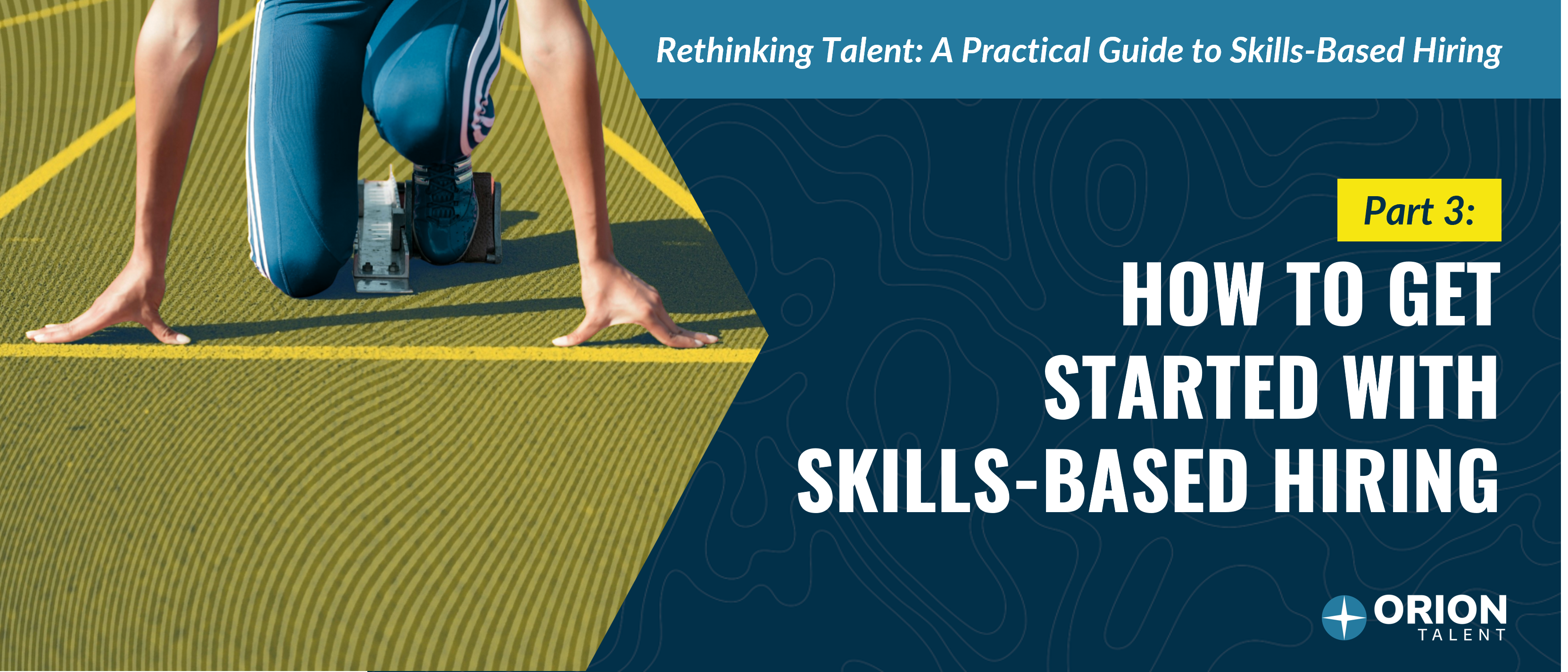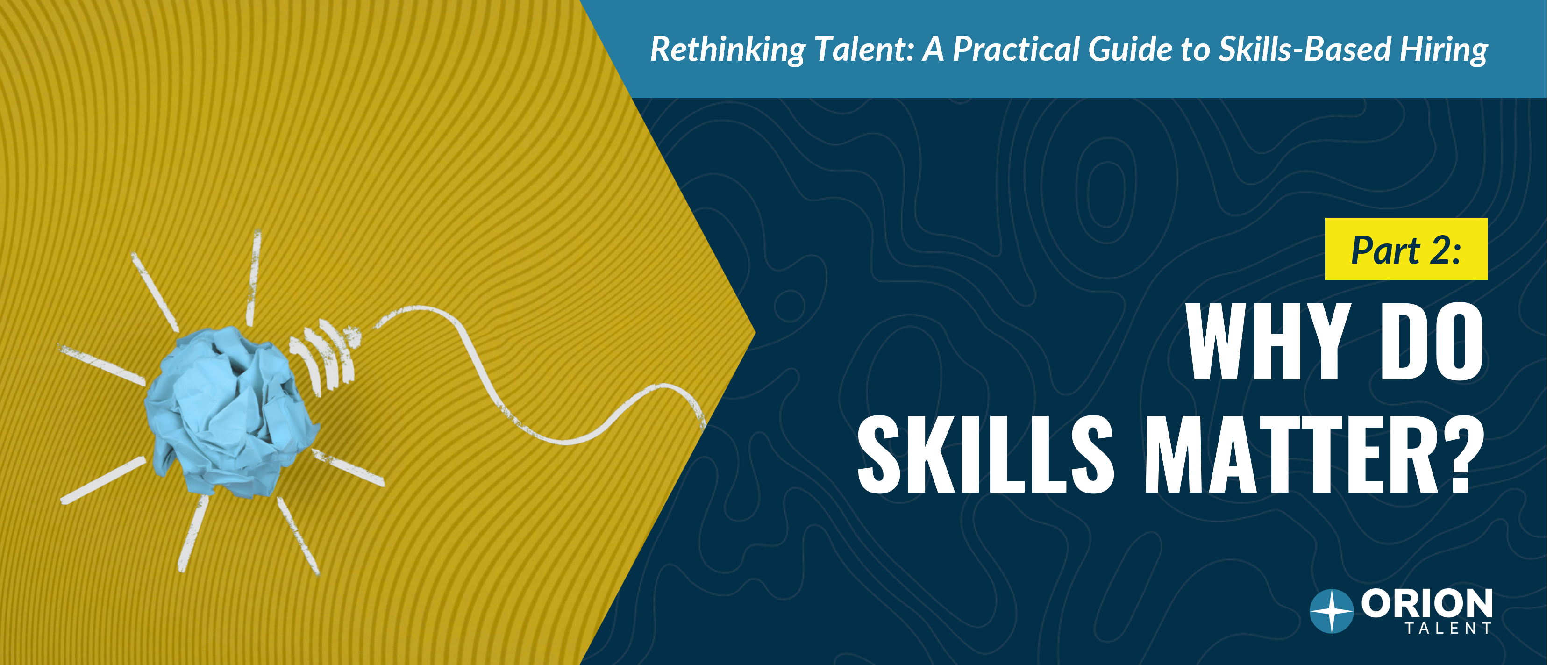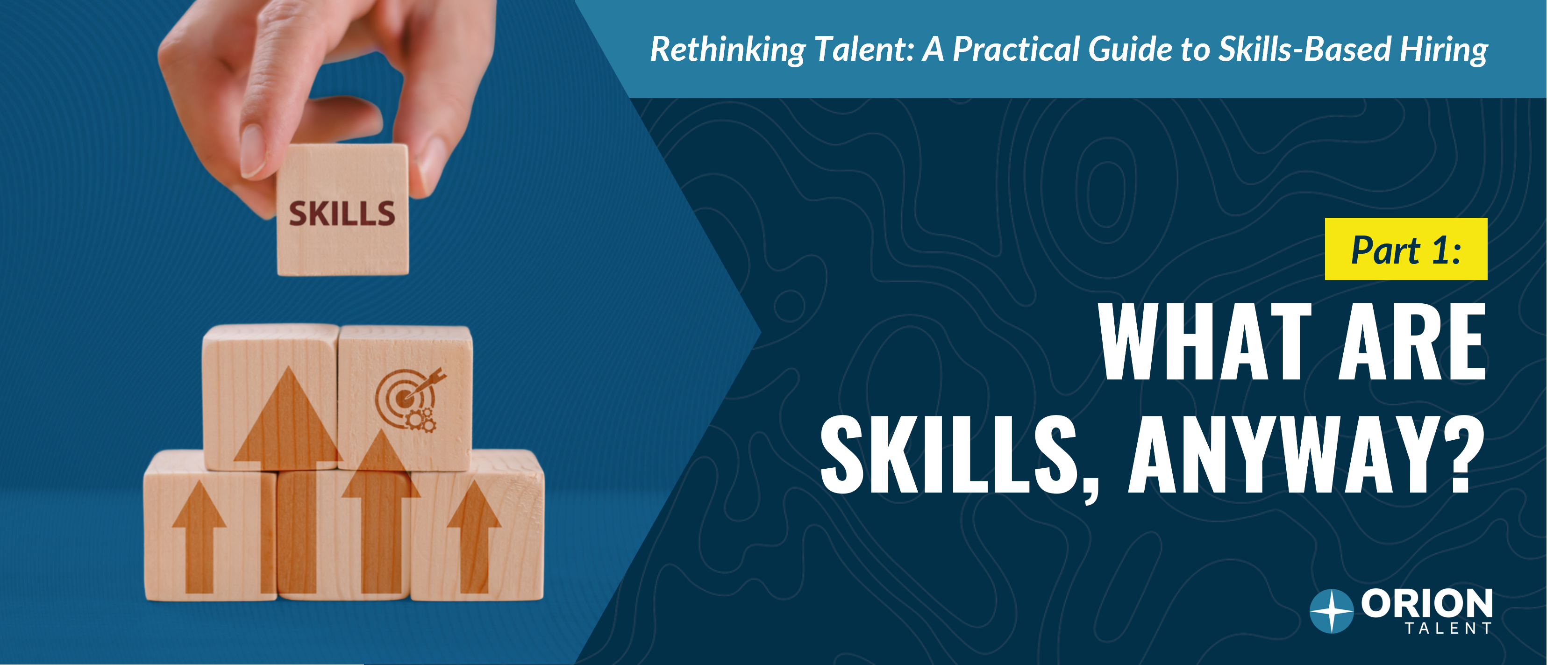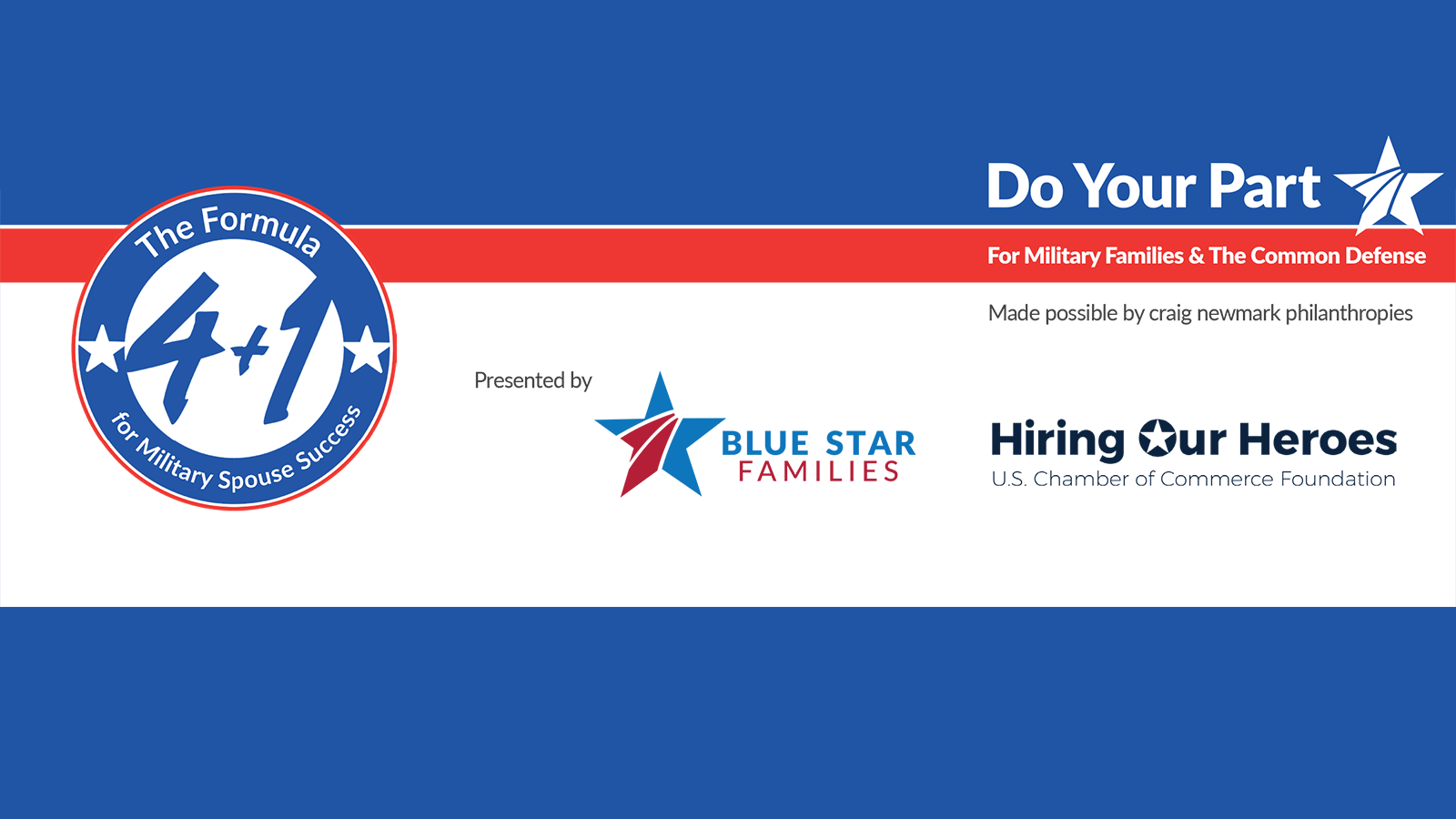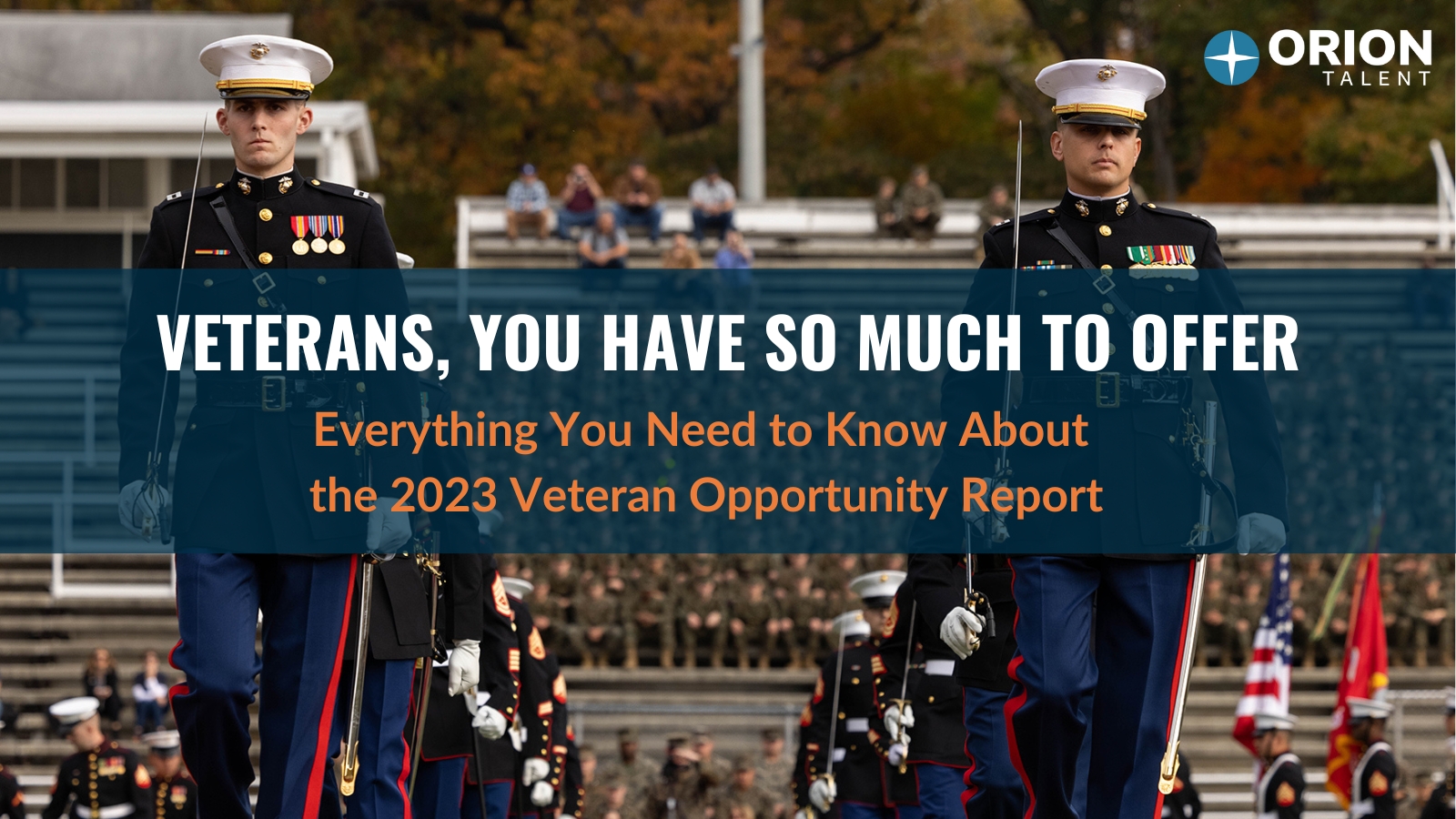
Military Veterans Have a Lot to Offer
U.S. Military veterans are highly educated, possess valuable in-demand skills and experience, have a proven track record of commitment and adaptability, and are less likely than non-veterans to leave their job within the first six months. Yet despite their education and expertise, veterans face challenges such as underemployment and undervaluation of their military experience.
LinkedIn recently released its 2023 Veteran Opportunity Report and it’s a must-read. Transitioning from the military to the civilian workforce can be challenging, and preparing for potential hurdles will help you set yourself up for success. Here are a few things you should know.
Background to the Report: How Did They Collect the Data?
The report draws insights from a comprehensive dataset comprising 2 million U.S. military veterans and 200 million nonveteran LinkedIn members with representation across military service, seniority levels, education, job functions, industries, and states.
U.S. Veteran Community Snapshot - September 2023
As of September 2023, the U.S. boasts 18 million veterans, with 8.5 million actively contributing to the civilian workforce.
.jpg)
There are currently 2 million veterans on LinkedIn. Of these, 11.8% are Gen Z, 46.8% are Millennials, 28% are Gen X, and 13.4% are Boomers. 82.8% are male and 17.2% are female, which is representative of the active-duty population. Time in service breaks down as such: 38% 0-5 years, 33.2% 5-10 years, 15.4% 10-20 years, and 13.4% 20+ years of service. While veterans make up 5.5% of the civilian workforce, they face specific challenges that may hinder their progression.
Key Report Findings
Here are a few key findings presented in this report:
Veterans are Educated
Veterans are a highly educated talent pool, with 60.5% holding a bachelor's degree or higher. Veterans are also 3x more likely to have a graduate degree than nonveterans.
Veterans Have In-Demand Skills
61% of veterans' first civilian jobs are high-skilled, and 8 out of LinkedIn’s top 10 most in-demand skills are top veteran skills.
Many Vets Face Underemployment
Despite having leadership as a top skill and nearly twice the work experience of nonveterans, veterans are only half as likely to reach director or vice president roles.
Veterans are More Loyal Employees
Debunking the myth that 50% of veterans leave their first job within six months, LinkedIn's data reveals that veterans are 27% less likely to leave their initial position.
Veterans Are Highly Educated
.jpg) The robust education benefits provided by the U.S. Department of Veterans Affairs contribute to a highly educated veteran talent pool. 60.5% of veterans attain a bachelor’s degree or higher, compared to 22.8% of nonveterans. Veterans are three times more likely to have advanced degrees than their nonveteran counterparts.
The robust education benefits provided by the U.S. Department of Veterans Affairs contribute to a highly educated veteran talent pool. 60.5% of veterans attain a bachelor’s degree or higher, compared to 22.8% of nonveterans. Veterans are three times more likely to have advanced degrees than their nonveteran counterparts.
As a veteran, be sure to utilize your education benefits, including tuition assistance, housing allowances, and stipends for textbooks and supplies. Your education will help you transition into the civilian workforce. Here's more information about the Post 9/11 GI Bill, and education benefits you can use to pay for school or job training.
Veterans Are Less Likely to Take Internships, Impacting Career Opportunities
A surprising finding indicates that veterans are less likely to take internships during their studies compared to nonveterans. Approximately 1 in 3 (30.4%) of nonveteran students participate in at least one internship, compared to just 5.3% of student veterans. This trend potentially limits employment opportunities post-graduation, as internships often lead to full-time employment offers.
As a student veteran, get involved with your college or university’s career guidance center and attend career fairs. Paid internships exist, and internships open doors. Taking advantage of these resources and opportunities can directly affect your career success.
Veteran School Choice & Degree Pathways
Approximately 50.4% of veterans start their bachelor's degree after military service, while 24.4% start their degree before serving and 25.2% start while serving. The report points out that veterans who started their degrees before their military service tend to be attracted to different schools and fields of study than veterans who start their degree during service or after they transition out of the military.
The majority of veterans complete their bachelor’s degree after the military and the most popular schools are a combination of nonprofit and for-profit schools. Flexible schedules and delivery methods, like online programming or evening or weekend classes, are important to veterans. 47.7% of student veterans are married and 47% have families, making a flexible schooling environment vitally important.
The most popular fields of study for student veterans include: Business Administration and Management, IT, Computational Science, and Computer and Information Systems Security. Veterans' top fields of study are largely technical, which aligns with the fact that many veterans are choosing high-tech roles after their military service.
Skills-First Hiring: Military Veterans Are High-Skilled Strategic Hires
Veterans bring transferable skills to the civilian workforce, with representation in high-skilled jobs increasing by 61% since 2016. Vets possess both hard and soft skills that contribute positively to the workforce.
As a veteran, it’s important to be able to verbalize the skills you bring to the table, and to include them in your tailored resume when you apply to a job as well as to highlight during the interview process. Here are the Top Hard and Soft Skills veterans possess, according to the LinkedIn report:
.jpg)
Veteran Underemployment: Military Experience Is Often Undervalued
Despite the skills and leadership abilities veterans possess, military experience is often undervalued in the civilian workforce. Leadership is a top skill for veterans, but employers may not be taking full advantage of this.
Veterans, you bring valuable leadership skills to the workplace. Apply for those leadership roles, and put your skills on display. Finding a military-friendly workplace that values and understands military experience is also helpful. Remember, you are your own best advocate. Take on leadership positions. You have the skills you need to succeed.
Retention: Continuing to Debunk the Turnover Myth
There’s a longstanding myth that 50% of veterans leave their first civilian job within six months. You’ll likely.jpg) hear this statistic during your job hunt, perhaps even from hiring managers. Don’t be afraid to counter this misconception, and give examples of how the loyalty and commitment you learned in the military will serve you well in your civilian career.
hear this statistic during your job hunt, perhaps even from hiring managers. Don’t be afraid to counter this misconception, and give examples of how the loyalty and commitment you learned in the military will serve you well in your civilian career.
LinkedIn's data shows that veterans are 27% less likely to leave their initial positions. Only 20% of veterans left their first job within their first 6 months, not unusual for new hires regardless of military experience. Veterans stay at jobs longer than nonveterans on average.
Recommendations for Veterans
Transitioning from the military to the civilian workforce may be challenging, but you have the skills necessary to transition with confidence. Here are a few recommendations from the 2023 Veteran Opportunity Report:
1. Build out your network: Start networking while still in the military. But don’t be discouraged if you’re already out of the military. It’s not too late. Start by connecting with people you already know on LinkedIn. Consider reaching out to fellow veterans and other professionals in roles or at companies of interest. Informational interviews are a great way to learn more about career paths!
2. Translate your skills: Did you know that you get a free year of LinkedIn Premium as a military veteran? There are plenty of great LinkedIn Learning courses to check out. One course the report recommends is “LinkedIn for Veterans and the Military Community.”
3. Practice interviewing skills: Practicing your interviewing skills is key to interview success. LinkedIn’s Interview Prep Tool is handy. Also consider practicing interview questions via a mock interview with a friend or mentor. The more you practice, the more confident you’ll be.
4. Look for veteran-friendly opportunities: The report recommends that you look at info about top industries, companies, and occupations for veterans in the Appendix of the report. You can also directly apply to Veteran-friendly companies on Orion Talent’s HirePurpose partnerships website, or search Orion’s recruiter-assisted careers here.
Embracing the Value of Military Veteran Talent
As a Veteran, you bring so much value. You’re educated, you possess in-demand skills and experience, and your track record proves your commitment and adaptability. The LinkedIn 2023 Veteran Opportunity Report highlights the need for a paradigm shift in hiring and promotion practices, emphasizing a skills-first approach that benefits both veterans and the broader workforce. Be sure to read the whole report, as it's packed with useful information. With this knowledge in hand, you’ll be even more prepared for a successful job search and a meaningful civilian career.
Check out Orion Talent’s free Military & Veteran Transition Resources, our interactive library of tools and content designed to make your transition as smooth as possible. In addition, visit our Veteran Employment page for more information about Recruiter Assisted Career Searches or to direct apply with an Orion Partner Company. We are rooting for your success, and we’re here to help.
Archives
- January 2026
- December 2025
- November 2025
- October 2025
- September 2025
- August 2025
- July 2025
- June 2025
- May 2025
- April 2025
- March 2025
- February 2025
- October 2024
- May 2024
- March 2024
- February 2024
- January 2024
- December 2023
- November 2023
- October 2023
- September 2023
- August 2023
- July 2023
- June 2023
- May 2023
- April 2023
- March 2023
- February 2023
- January 2023
- December 2022
- November 2022
- October 2022
- September 2022
- August 2022
- July 2022
- June 2022
- May 2022
- April 2022
- March 2022
- February 2022
- January 2022
- December 2021
- November 2021
- October 2021
- September 2021
- August 2021
- July 2021
- June 2021
- May 2021
- April 2021
- March 2021
- February 2021
- January 2021
- December 2020
- November 2020
- October 2020
- September 2020
- August 2020
- July 2020
- June 2020
- May 2020
- April 2020
- March 2020
- February 2020
- January 2020
- December 2019
- November 2019
- October 2019
- September 2019
- August 2019
- July 2019
- June 2019
- May 2019
- April 2019
- March 2019
- February 2019
- January 2019
- December 2018
- November 2018
- October 2018
- September 2018
- August 2018
- July 2018
- June 2018
- May 2018
- April 2018
- March 2018
- February 2018
- January 2018
- December 2017
- November 2017
- October 2017
- September 2017
- August 2017
- July 2017
- June 2017
- May 2017
- March 2017
- February 2017
- January 2017
 RSS Feed
RSS Feed

